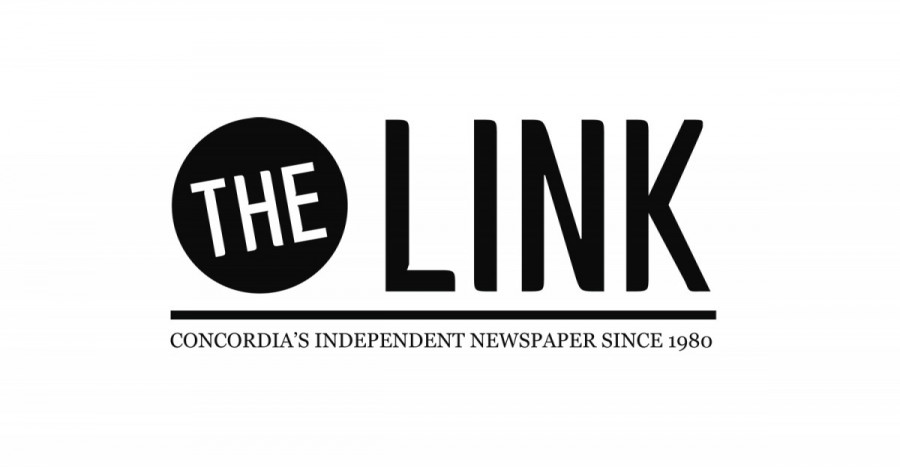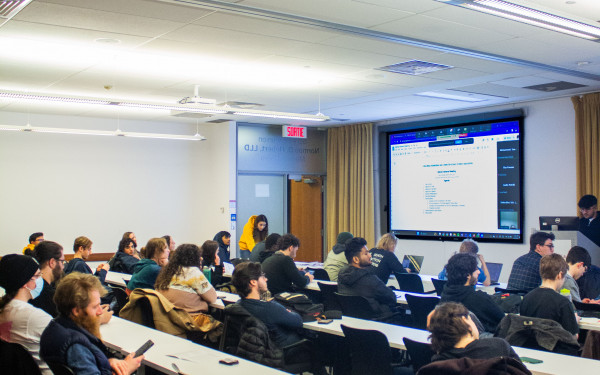Two Weeks and 900 Votes between ECA and Accreditation
Association Needs Quarter of its Students at Ballots
The Engineering and Computer Science Association is hoping to amass 900 signatures over the next few weeks in order to legally accredit the student organization with the Ministry of Education.
“The reasons [for accreditation] are more long-term than short-term,” explained ECA President Ali Talhouni. “[We] want to make sure ECA will be safe in the future; that’s really what it boils down to.”
A hurdle for the initiative will be voter turnout, which must surpass 25 per cent over the two-week voting period between Jan. 28 and Feb. 14—or roughly 900 engineering and computer science students, according to ECA VP Finance Chuck Wilson.
“There’s a considerable amount of people that have to come out and vote, and considering most student elections you get 10 percent if you are lucky, there’s going to have to be a huge campaign and push so that many people come out to vote,” added Wilson.
That’s why the in-class campaign started last week, explained campaign manager Melanie Hotchkiss, who coordinated a network of about 20 volunteers to advocate and promote the accreditation vote in major ENCS classes.
The vote, which is being observed by the Dean of Students and an agent of the Ministry of Education, will ensure that ECA has legally protected assurances of space, a membership registry of ENCS students, the right to collect their fee levy and to appoint students to university governing bodies.
Concordia already delegates these tasks to ECA, though does not provide them a student member log.
According to Talhouni and Hotchkiss, accreditation will prevent ECA from losing its financial footing and its appointment powers were the university to ever change their mind.
However symbolic it may be, Hotchkiss warns being accredited will not change much at ECA—though she says that’s not necessarily a bad thing.
“In terms of the day-to-day impact to regular students, if the ECA is accredited the following day, things aren’t magically going to just be different, actually,” she said.
“The ECA will continue to provide to the same services and finance the societies and organize events […] and represent them on [university] bodies—so that isn’t going to be something radically different.”
The ECA originally lost its accreditation status after failing to file an annual company declaration with the Registraire des entreprises du Québec for several years.
A student organization must hold company status before it can be accredited by the Ministry of Education.
For more information on the ECA or its accreditation campaign, email accreditation@ecaconcordia.ca or visit ecaconcordia.ca






